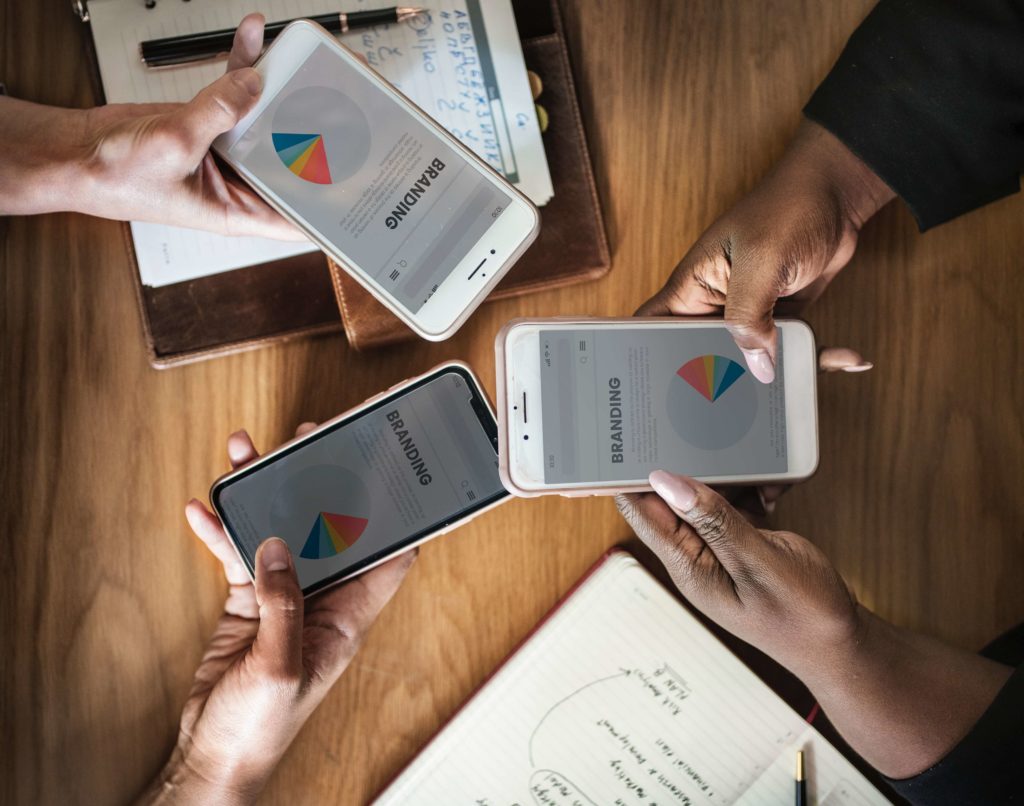What Is Personal Branding, And Do I Need It?

Personal branding can be an added dimension to your marketing strategy, one that is simple and effective at making your business personable and approachable for new clients. It just has to be planned and used with your business and reputation in mind!
What Is Personal Branding?
 Personal branding is promoting and telling a story about the mix of skills, experiences, and interests that make you unique. It centres on adding yourself and what makes your personal business unique in marketing materials and on social media. When you think about it this way, personal branding is pretty simple to understand, but there are many interpretations for it.
Personal branding is promoting and telling a story about the mix of skills, experiences, and interests that make you unique. It centres on adding yourself and what makes your personal business unique in marketing materials and on social media. When you think about it this way, personal branding is pretty simple to understand, but there are many interpretations for it.
It’s the next logical step in the Internet’s takeover of marketing because people have been branding themselves since the Internet was invented! We’ve carved out personal spaces on so many different platforms, and those who use these social profiles regularly try and make them reflect ourselves in the best possible light. Whether we like it or not, we’ve all become personal brands, whether it’s through Facebook, LinkedIn, or YouTube.
In this sense, it seems like a great strategy for your small business, right? Well, it all depends on how it’s used alongside the rest of your marketing strategy. Personal branding can differentiate you from your competitors when it’s used effectively, or can make yourself – and your business – the butt of many jokes if it goes wrong.
Should I Use Personal Branding?
Putting yourself out there and making your own face the face of your business is a risky strategy. It’s one thing to lend your name to the company; it’s quite another to make yourself the centre of your marketing strategy.
This is why personal branding makes a lot of sense for some small businesses, but not every small business. Businesses that need to make a direct connection with their specific customers are best served by personal branding; hair salons, beauticians, and other aesthetic-based businesses are great examples because they work with the same faces regularly and can create personal bonds with the customer.
It’s also a very positive strategy when you have an interesting story tied to your business. If it’s a garage operated by multiple generations of family, or you’ve started a small business selling a product that completely changed your life, personal branding is appropriate. However, it can quickly become a liability when the face of the brand thinks they’re interesting, when in fact the audience (and even stakeholders in the business) will more likely have a negative reaction to oversharing. Consider Elon Musk, the face of Tesla Motors, and how his antics on Twitter and being a controversial guest on podcasts have caused the stocks of his company to wildly fluctuate.
Personal branding isn’t just putting your face online and sharing every thought you might have, though. In fact, a personal marketing strategy can be safest when there’s another “layer”, another interesting part of your life separate from your immediate self, that you can put out there first. This is especially good if you’re not comfortable with posting photos of yourself.
Just think about our mascot, Rusty: people love connecting with that cute face, and when SlyFox uses him in our social media or other materials, people get to know him and explode when they see this celebrity in our offices when coming in for a meeting. This is a kind of personal branding, too!

Remember, personal branding isn’t an all-or-nothing type of marketing. Business profiles on social media have made it much easier to inject yourself in the image of your business without having to do too much work. Sharing photos and videos of yourself and your team working on a project or meeting with clients are all kinds of personal branding. It’s about what you’re comfortable with, how interesting your story is, and what will resonate with your audience.